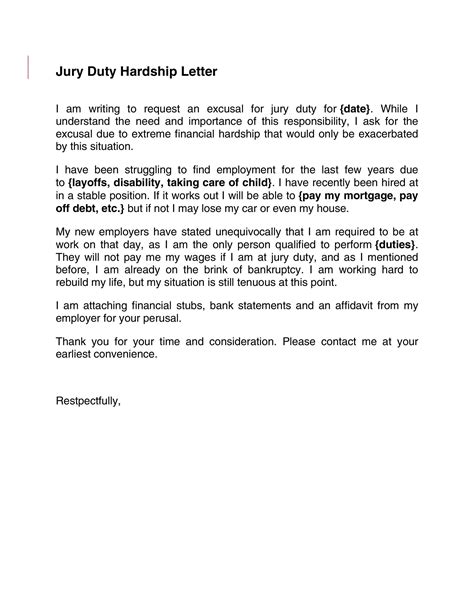Jury Duty Explained: Duties And Implications

Being called for jury duty is a civic responsibility that is part of the justice system. It is an essential process that helps ensure fair trials for defendants. However, many people are unsure about what jury duty entails, what their duties and responsibilities are, and what the implications of serving on a jury are. In this article, we will explain everything you need to know about jury duty, including your duties and implications, and answer some frequently asked questions.
What is Jury Duty?
Jury duty is a summons to appear in a court of law to serve as a member of a jury for a trial. A jury is a group of randomly selected citizens who are responsible for deciding the guilt or innocence of a defendant in a criminal trial or the liability of a defendant in a civil trial.
Who is Eligible for Jury Duty?
Any US citizen who is at least 18 years old and has not been convicted of a felony is eligible for jury duty. However, the eligibility requirements vary by state and county, so you should check with your local court for specific details.
What are the Duties of a Juror?
As a juror, your main duty is to listen to all the evidence presented in a trial and decide the outcome based on the facts presented and the law. You must be impartial and fair and not let your personal beliefs or biases influence your decision. You will also be expected to:
- Attend all court proceedings related to the trial.
- Pay close attention to the evidence presented and take notes if needed.
- Deliberate with other jurors to reach a verdict.
- Keep the proceedings confidential and not discuss the trial with anyone outside the jury room.
What are the Implications of Serving on a Jury?
Serving on a jury can have various implications, both positive and negative. Some of the implications include:
- A sense of civic duty and satisfaction that comes with serving your community and participating in the justice system.
- Missing work, which can result in lost wages or other financial burdens.
- Disruption of your daily routine and personal life due to the time commitment required for jury duty.
- Exposure to graphic or disturbing evidence and emotional stress related to the trial.
- Receiving a small stipend for jury service, which varies by state and county.
How Long Does Jury Duty Last?
The length of jury duty varies by state and county and depends on the trial you are selected for. Generally, a trial can last from a few days to several weeks. Some states have a one-day/one-trial system, which means that if you are not selected for a trial on the first day, your jury duty is over. Other states may require you to serve for a longer period, such as a month or more.
What Happens if I am Selected for Jury Duty?
If you are selected for jury duty, you will receive a summons in the mail with instructions on where and when to appear for jury service. You may also be required to complete a questionnaire to determine your eligibility for jury duty. On the day of your service, you will be checked in and given instructions on what to do next.
Can I be Excused from Jury Duty?
There are several reasons why you may be excused from jury duty, such as:
- Illness or disability
- Financial hardship
- Prejudice or bias that would prevent you from being impartial
- Being a primary caregiver for a dependent
- Being a student or a teacher
If you have a valid reason for being excused from jury duty, you can request a deferral or exemption from your local court.
What Happens if I Don’t Show up for Jury Duty?
Failing to show up for jury duty can result in serious consequences, such as a fine, contempt of court charges, or even jail time. It is essential to take jury duty seriously and fulfill your civic duty.
Conclusion
Jury duty is an important civic responsibility that helps ensure a fair justice system. As a juror, you have specific duties and responsibilities that you must fulfill. You will also face various implications, both positive and negative, for serving on a jury. It is essential to take jury duty seriously and fulfill your civic duty to the best of your ability.
FAQs
1. How are jurors selected?
Jurors are selected randomly from a pool of eligible citizens in your county. The selection process may involve a questionnaire or an interview to determine your eligibility for jury duty.
2. Can I bring my phone or electronic devices to the court?
Most courts prohibit the use of phones or electronic devices during court proceedings. You should check with your local court to determine the rules for electronic devices.
3. Can I discuss the trial with other jurors outside the jury room?
No, you are not allowed to discuss the trial with anyone outside the jury room, including other jurors, until the trial is over.
4. What happens if I am called for jury duty but don’t speak English?
If you don’t speak English, you can request an interpreter to assist you during the trial. You should inform the court of your language needs as soon as possible.
5. Can I be fired from my job for serving on a jury?
No, your employer cannot fire you for serving on a jury. They are required by law to allow you to take time off for jury duty and cannot retaliate against you for fulfilling your civic duty.
